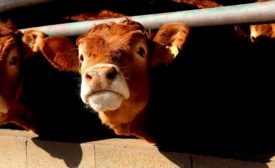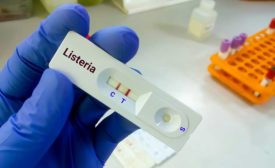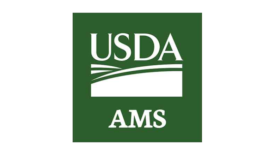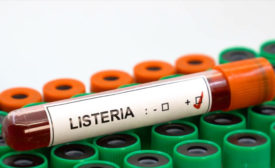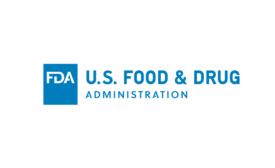Regulatory
Alternative Thinking about Violations
Looking at violations based on the corrective or preventive actions required can assist inspectors with proper citation
February 22, 2022
FDA's Lab Accreditation Final Rule: Food Testing Oversight is Finally Here
FDA's final rule on lab accreditation for food testing provides essential directives for quality standards and assurances
February 16, 2022
How WGS Continues to Change Food Safety
Whole genome sequencing is helping identify the root cause of more foodborne illness outbreaks
February 16, 2022
Never miss the latest news and trends driving the food safety industry
eNewsletter | Website | eMagazine
JOIN TODAY!Copyright ©2024. All Rights Reserved BNP Media.
Design, CMS, Hosting & Web Development :: ePublishing
